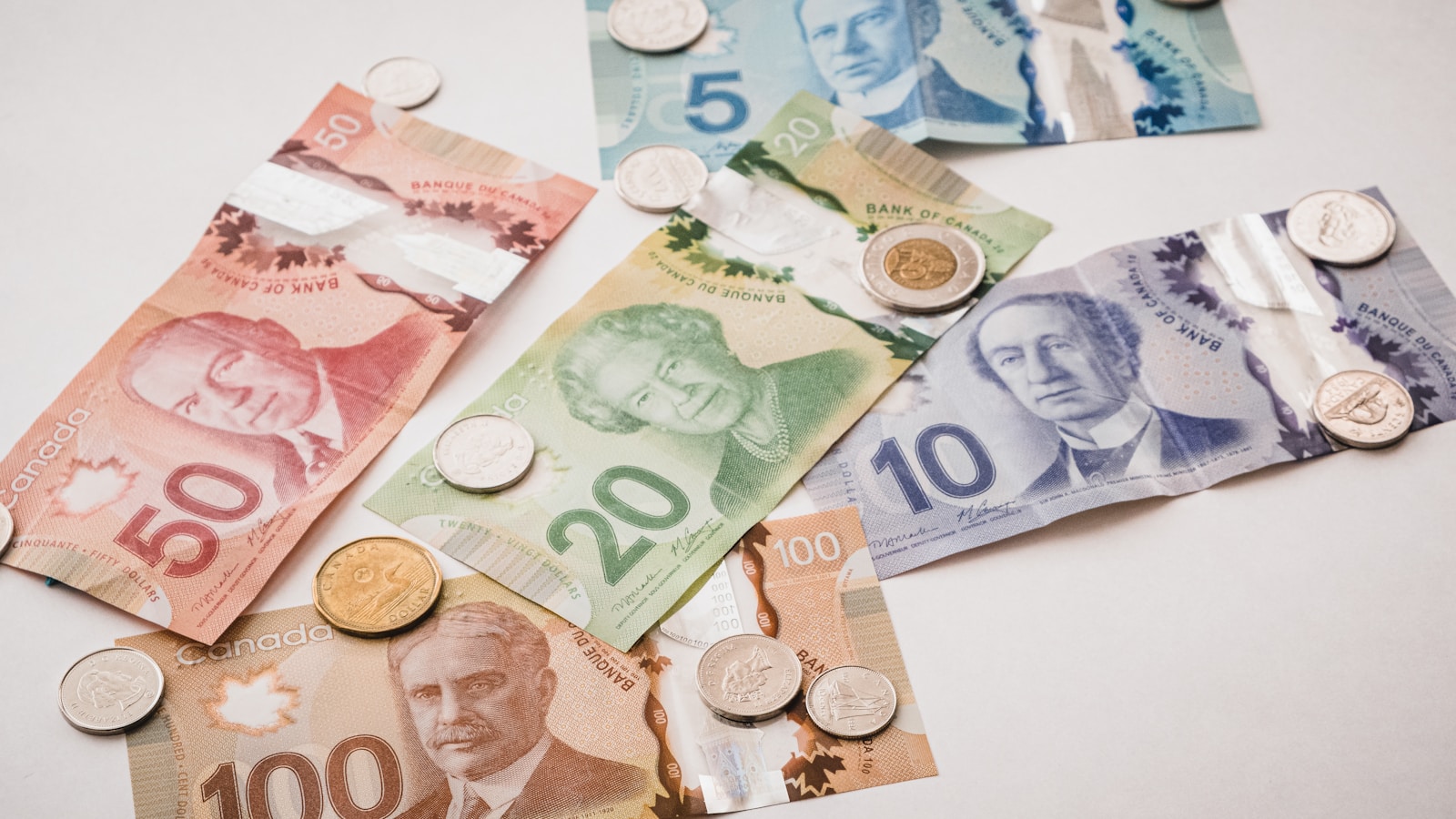Recently I had the opportunity to be featured in this article by The Squamish Chief with several other women-led businesses in honour of International Women’s Day and Women’s History Month! I’m proud to be part of this community through my two passions: real estate and empowering women through sport.
As the daughter of one of Squamish's pioneering physicians, Dr. Ken Schellenberg, I've always felt a deep connection to this community. It's a place where roots run deep, where every corner holds a story, and where opportunities abound for those with the vision to seize them.
With over 25 years of marketing expertise and an intimate knowledge of the local landscape, I've found my calling as a real estate agent. From the towering peaks of the Stawamus Chief to the tranquil shores of Howe Sound, I've made it my mission to showcase the beauty and potential of Squamish to buyers near and far. Some might say it's in my blood—to sell Squamish is to share a piece of my heart with the world.
But my journey doesn't end with real estate. Far from it. As the founder and owner of the Squamish Women's Hockey Academy, I've embarked on a mission to break down barriers and redefine what it means to be a woman in sport. It's a vision rooted in inclusivity, in creating a space where girls and women of all backgrounds can come together, lace up their skates, and pursue their passion for hockey without fear or judgment.
At the heart of the academy lies a simple yet powerful belief: that every woman has the right to step onto the ice with confidence, regardless of her skill level or previous experience. I've seen it firsthand—the transformation that occurs when women are given the opportunity to push beyond their comfort zones, to challenge themselves in ways they never thought possible. Many of the local women who have joined the academy started with never having worn skates before, and now they're competing against teams from across the Lower Mainland.
Of course, the road hasn't always been easy. I've faced my fair share of skepticism and pushback, especially when it came to establishing the hockey academy here in Squamish. But I refused to let doubt dictate my destiny. Six years have passed since the academy's inception, and the demand only continues to grow. That's why I'm thrilled to announce the upcoming launch of a women's hockey academy in Whistler—a testament to the power of perseverance and the enduring spirit of our community.
Whether you're a budding athlete looking to hone your skills on the ice or a prospective homebuyer eager to explore all that Squamish has to offer, I invite you to join me on this journey of empowerment. Together, let's rewrite the rules, challenge the status quo, and create a world where every woman feels seen, heard, and valued.
Contact me to learn more about the Squamish Women's Hockey Academy or explore the local real estate market, I’m always happy to answer your questions!




